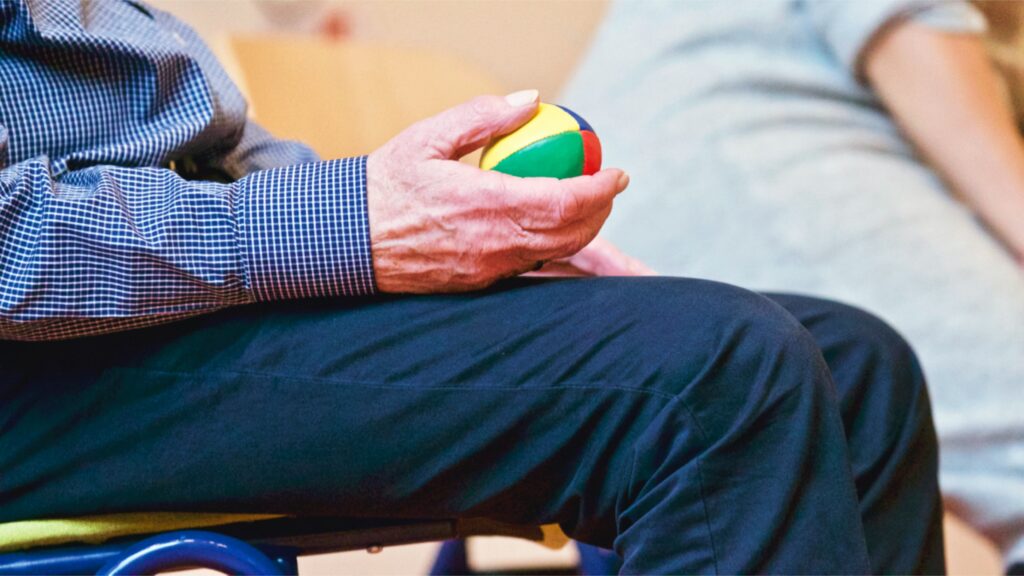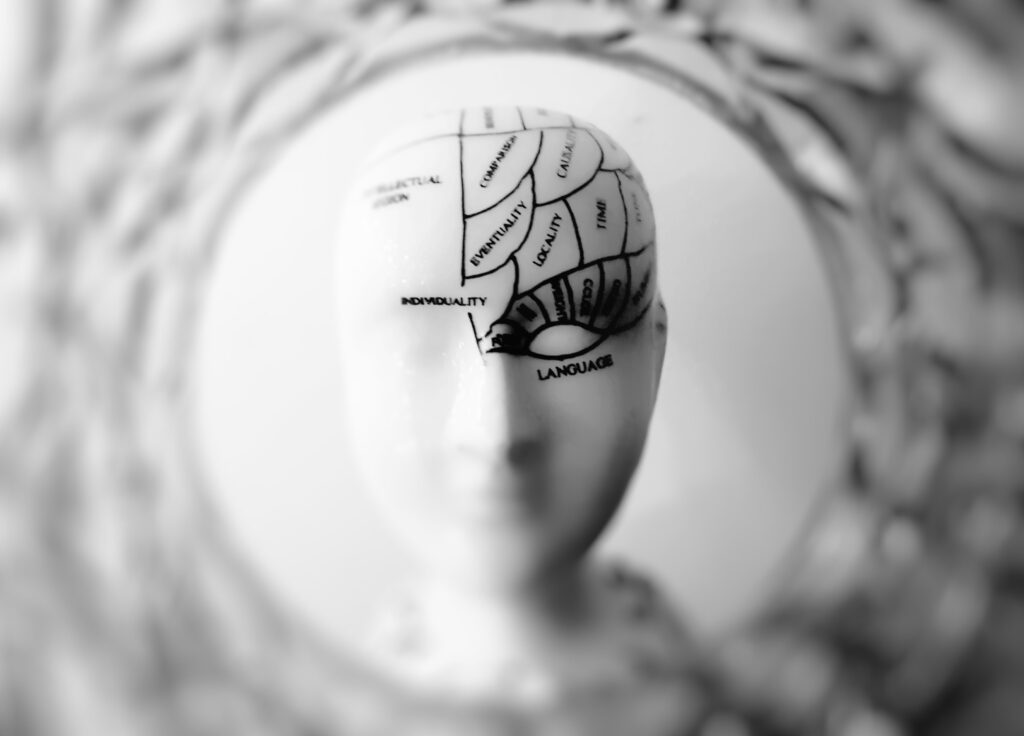Contents
- 1 Age-Related Cognitive Decline: Navigating the Journey to Cognitive Wellness
- 1.1 Introduction:
- 1.2 Understanding Age-Related Cognitive Decline
- 1.3 The Science Behind Cognitive Changes
- 1.4 Causes of Age-Related Cognitive Decline
- 1.5 Nurturing Cognitive Wellness
- 1.6 Addressing Cognitive Decline Concerns
- 1.6.1 When to Seek Professional Guidance
- 1.6.1.1 Heart-Healthy Eating for Seniors Tips
- 1.6.1.2 Common Heart Conditions in Old Age and Their Treatments
- 1.6.1.3 Cardiac Rehabilitation for Elderly Patients
- 1.6.1.4 Osteoporosis Prevention in Seniors
- 1.6.1.5 Understanding Arthritis: A Comprehensive Guide to Joint Health
- 1.6.1.6 Managing Arthritis Pain in Seniors
- 1.6.1.7 Exercise Tips for Maintaining Strong Bones in Old Age
- 1.6.1.8 Age-Related Changes in Bone Density and Structure
- 1.6.1 When to Seek Professional Guidance
- 1.7 Frequently Asked Questions
- 1.8 Conclusion:
Read DISCLAIMER
Explore the journey of age-related cognitive decline and discover effective strategies for maintaining cognitive wellness. Learn about the science behind cognitive changes, the influence of lifestyle factors, and practical steps to enhance mental agility as you age

Introduction:
As we journey through life, the mind evolves along with the body. One of the significant challenges that older adults may face is age-related cognitive decline. This natural process raises questions about memory, mental agility, and overall cognitive health. In this comprehensive guide, we delve into the intricacies of age-related cognitive decline, explore its potential causes, provide insights into maintaining cognitive wellness, and offer practical strategies for a fulfilling and engaged life.
Understanding Age-Related Cognitive Decline
Age-related cognitive decline, often referred to as mild cognitive impairment (MCI), is a normal part of aging. It’s characterized by subtle changes in cognitive function that may affect memory, decision-making, language, and other cognitive abilities. However, it’s important to note that not all cognitive changes are indicative of a decline; many older adults continue to lead vibrant and intellectually active lives.

The Science Behind Cognitive Changes
Unraveling the Complexities of the Brain
The brain is a marvel of complexity, and its functions can be affected by various factors. Neuroscientists have identified certain changes that occur with age, such as:
Shrinking of Brain Tissue:
A gradual reduction in brain volume is a common occurrence in aging adults. This can impact different brain regions responsible for memory and cognition.
Neurotransmitter Changes:
Neurotransmitters, the chemical messengers of the brain, may experience alterations, affecting communication between neurons.
Blood Flow and Oxygen:
Reduced blood flow and oxygen delivery to the brain cells can impact their health and function.

Causes of Age-Related Cognitive Decline
Genetics and Lifestyle: A Dual Influence
Genetic predisposition can play a role in an individual’s susceptibility to age-related cognitive decline. However, lifestyle factors also contribute significantly:
Physical Inactivity:
Lack of regular exercise can hinder blood flow to the brain and negatively impact cognitive function.
Diet:
Poor dietary habits, especially diets high in saturated fats and sugars, can contribute to cognitive decline.
Cognitive Inactivity:
Not engaging in mentally stimulating activities can lead to cognitive stagnation.

Nurturing Cognitive Wellness
Strategies for Maintaining Cognitive Health
Promoting cognitive wellness involves a multifaceted approach that encompasses both physical and mental well-being:
Regular Exercise:
Physical activity enhances blood flow, oxygen delivery, and overall brain health.
Healthy Eating:
A diet rich in antioxidants, omega-3 fatty acids, and nutrient-dense foods supports brain function.
Mental Stimulation:
Engaging in activities that challenge the brain, such as puzzles, learning new skills, and reading, can help maintain cognitive vitality.
Social Connections:
Interacting with others fosters emotional well-being, which is closely linked to cognitive health.

Addressing Cognitive Decline Concerns
When to Seek Professional Guidance
Not all cognitive changes are a cause for concern, but it’s important to recognize when professional evaluation is needed:
Memory Loss: Forgetfulness that disrupts daily life or important routines.
Impaired Judgment:
Difficulty making decisions or poor judgment in familiar situations.
Language Challenges:
Struggling to find words or follow conversations.
Read more about
Heart-Healthy Eating for Seniors Tips
Common Heart Conditions in Old Age and Their Treatments
Cardiac Rehabilitation for Elderly Patients
Osteoporosis Prevention in Seniors
Understanding Arthritis: A Comprehensive Guide to Joint Health
Managing Arthritis Pain in Seniors
Exercise Tips for Maintaining Strong Bones in Old Age
Age-Related Changes in Bone Density and Structure
Frequently Asked Questions
Q: What’s the difference between normal cognitive aging and cognitive decline?
A: Normal cognitive aging involves mild forgetfulness, while cognitive decline involves noticeable impairments that impact daily life.
Q: Can cognitive decline be prevented?
A: While some cognitive changes are normal, adopting a healthy lifestyle can help delay or mitigate cognitive decline.
Q: Is cognitive decline reversible?
A:Depending on the cause, early intervention and lifestyle changes can help manage cognitive decline and improve cognitive function.
Q: How can I support a loved one experiencing cognitive decline?
A: Offer emotional support, engage in cognitive activities together, and encourage a healthy lifestyle.
Conclusion:
Age-related cognitive decline is a natural aspect of growing older, but it doesn’t mean the end of an active and fulfilling life. By understanding the science behind cognitive changes, nurturing cognitive wellness, and seeking guidance when needed, we can navigate this journey with grace and resilience. Empower yourself with knowledge and take proactive steps to support your cognitive health—ultimately enhancing your quality of life as you age.

I was reading through some of your posts on this internet site and I conceive this
web site is very instructive! Retain putting up..